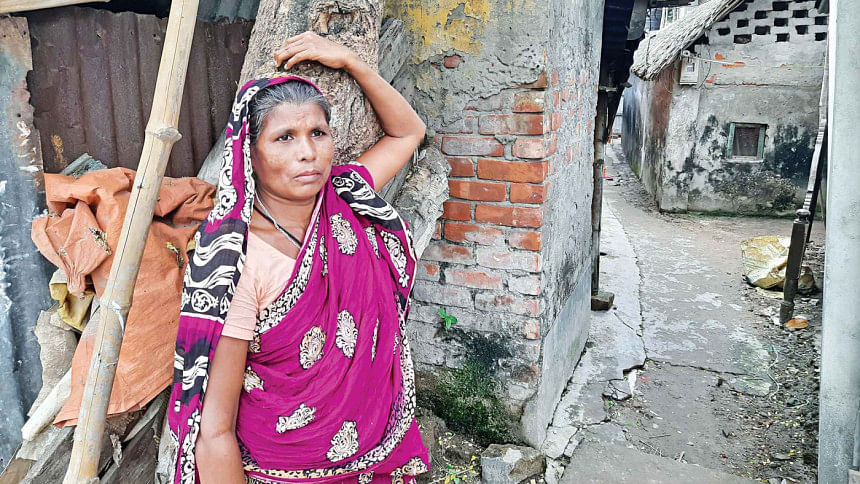Laid off jute workers in dire situation

According to a DS report published yesterday, over 31,000 temporary and substitute jute workers are facing acute economic hardship after losing their jobs following the closure of nine state-owned jute mills in the Khulna-Jashore industrial belt in July, 2020. While many workers, mostly male, are now earning meagre livelihoods by pulling rickshaw-vans, the women workers have no earnings, since they cannot even get jobs as domestic workers due to the pandemic. Although the jute mill authorities promised these workers that they would be paid their due wages within two months, this has only been partially implemented in the last one year. The Bangladesh Jute Mills Corporation (BJMC) has been focusing on paying the arrears of permanent workers, but substitute and temporary workers have been pushed to the back of the list. According to its officials, the arrears of substitute workers roughly amount to Tk 112 crore but there is no estimation for temporary workers yet.
The situation regarding the jute industry is so dire that the government had to close all of its jute mills on July 1, 2020 due to heavy financial losses and excessive production costs. During the shutdown, the government had said that a fund worth Tk 5000 crore would be allocated for all jute mill workers who had lost their jobs as a result. This means that on average, each jute worker was to receive Tk 13.86 lakh. The government also added that these workers would be trained and given priority once the jute mills are "modernised" and "reopened" under public-private partnerships or some other joint ventures. But none of these assurances have seen the light of day as of yet.
Meanwhile, the jobless workers are passing their days in hunger and uncertainty. The government must allocate the funds to pay them their dues and benefits while making good on their promises, which will involve modernising the jute industry and re-training the workers so that they can be employed again. Reviving what was once one of the most lucrative industries in the country will require innovative technologies and marketing strategies. The government can start by replacing all plastic shopping bags with jute bags, which are far better for the environment. Investments in research in developing innovative jute products have to be made to meet market demands.
The government can no longer ignore the lives and livelihoods of thousands of workers who have families to feed. Reviving the jute industry should be on its priority list. This will not only allow these workers to survive, but will also revitalise an industry that has huge economic potential.

 For all latest news, follow The Daily Star's Google News channel.
For all latest news, follow The Daily Star's Google News channel. 


Comments